
[ad_1]
We simply can’t get enough of African travel on our FYPs and if there is anything sure to fuel our Detty Decemba FOMO, it’s stunning locally-owned accommodations. Think “home from home” in more ways than one.
With campaigns such as Ghana’s acclaimed “Year of Return,” the diaspora has become besotted with African tourism, prioritizing it as a way to discover countries for themselves across the continent. For many, this has meant strengthening links, networking opportunities, and a truer sense of African identity. Sleep in Africa is a resource curated for travelers hoping to lay their heads in Black-owned establishments in Africa while having these one-of-a-kind experiences. Founder Fatimatou Diallo and Sara Jabril partnered to make Sleep in Africa the ultimate reference for African travel. The ability to support Black/African-owned lodging and accommodations is a game-changer in reclaiming African tourism and providing more visibility to African businesses otherwise missed aside the presence of larger, foreign hotel chains.
“My love for our continent is what inspired me to start Sleep in Africa,” Fatimatou Diallo, creator of the platform, tells ESSENCE. Back in 2018, Diallo initially created the space on Facebook where it functioned as a forum for travelers to share their accommodation suggestions. “I thought it was essential to create a community where travelers could exchange recommendations, get advice, and give feedback on where to stay. I also wanted to show the diversity and authenticity of Africa by sharing unknown destinations and give a glimpse of African vibes through unique places,” Diallo explains.
Alongside Facebook, the Instagram page served as an opportunity to extend the community building. It was also a chance for Diallo to discover new hotel options enjoyed by Black travelers tagging the page. “Every African city has well-known international hotel chains, but I wanted [Sleep in Africa] to highlight atypical places that will guarantee an unforgettable experience,” she says.
The combination of purposeful sharing and visitors of Black-owned accommodations in Africa led to the page becoming a trustworthy source on where to stay on the continent. The interest in Sleep in Africa grew incredibly. Later, in 2020, Diallo joined forces with Jabril, a travel content creator, to create a guide that highlights Black/African-owned hotels and rentals for the growing online community.
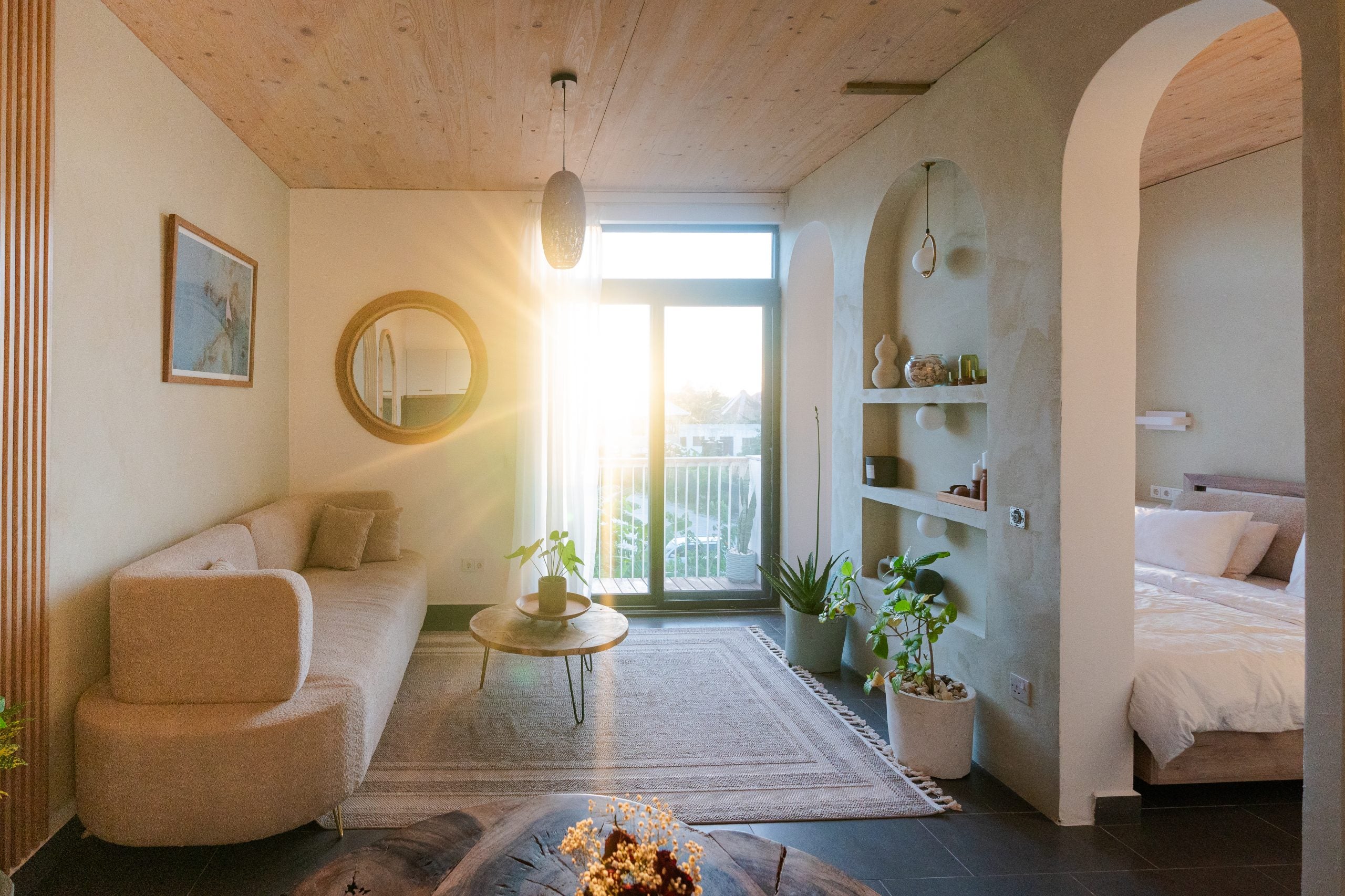
For Jabril, African tourism was a bit of a niche space when she began posting and sharing her travels there. She now documents her African travel experiences with pride, a quality which is translated in the storytelling of her portfolio. “I noticed that as a person who supports Black ownership, it was not always easy to identify these accommodations in Africa. I found that a lot of the owners were foreigners and didn’t reflect the majority of the people from the country,” Jabril says.
While the continent is vast and rife with travel wonders, there are some countries travelers who interact with Sleep in Africa are most keen to visit as tourism to the continent has taken off. Diallo lists these locations as South Africa, Tanzania, Namibia, Kenya, Rwanda, Morocco, Senegal, and Ghana. Countries that are increasing in tourism and interest include Benin and the Ivory Coast. Jabril notes that West African countries constantly feature as favorite destinations, particularly Senegal and Ghana. “Senegal was actually one of the highest-viewed videos that I created and it was where I also encountered more Black-owned hotels,” she says.
Sleep in Africa followers are mostly based in the U.S. and France, but also in Africa (namely Senegal, Ivory Coast, Kenya, Tanzania, and South Africa). Diallo finds this to be exciting for the trajectory of African travel: “This shows a real desire to explore Africa whether based on the continent or abroad.”
Sleep in Africa is a growing directory, not only of unique accommodations, but of an entirely African narrative of visiting the continent. Jabril wants to help travelers get to the root of what it means to gain real intimacy while seeing Africa. The following accommodations help to provide that.
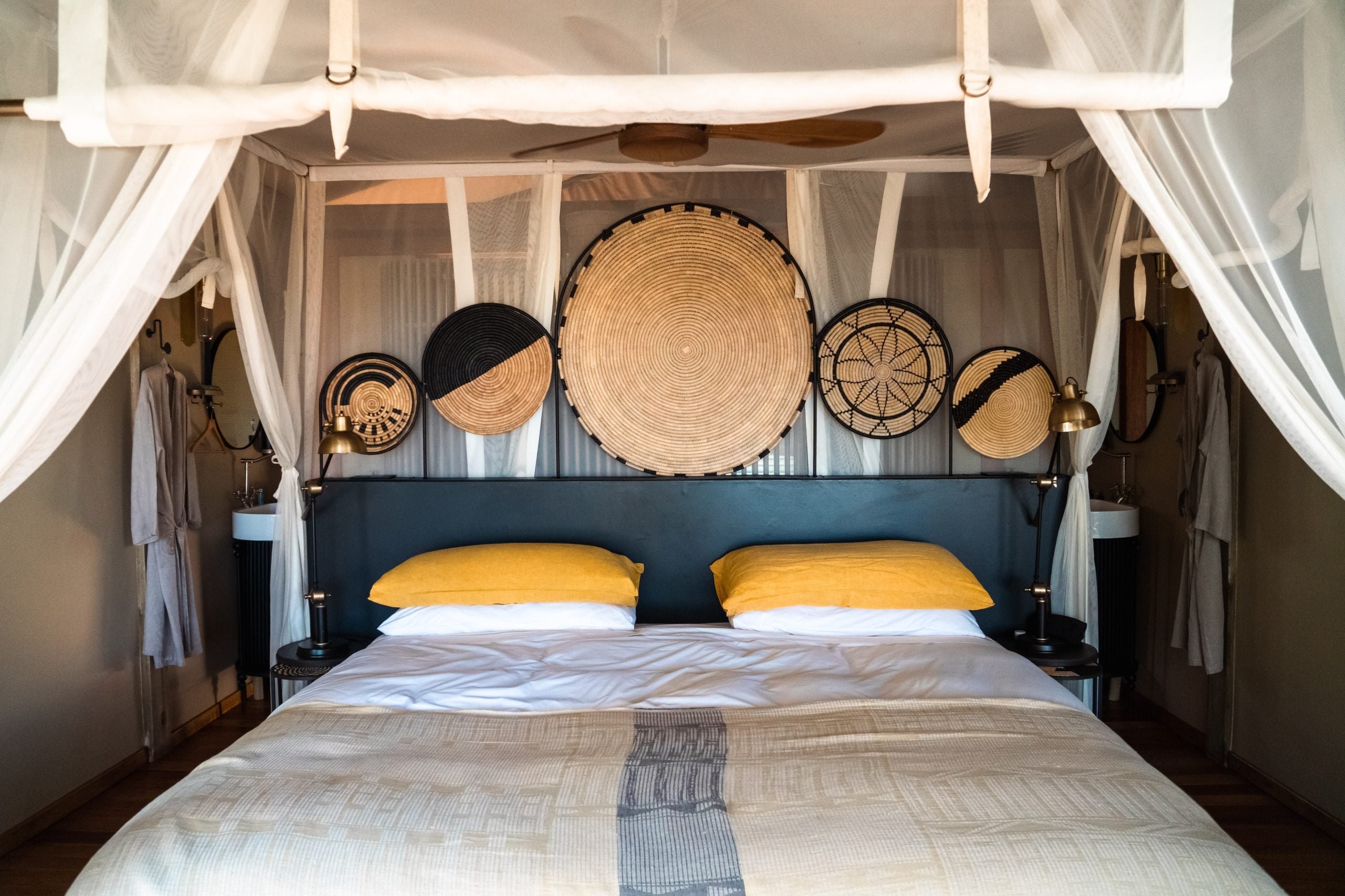
When visiting African Bush Camps, with locations in Botswana (above) and Zambia (below), Jabril says the authentic luxury African safari, owned by Beks Ndlovu and guided by local people, left her in awe of the endless ways to connect with the land. African Bush Camps emphasizes nature, conservation, and giving back to the community.
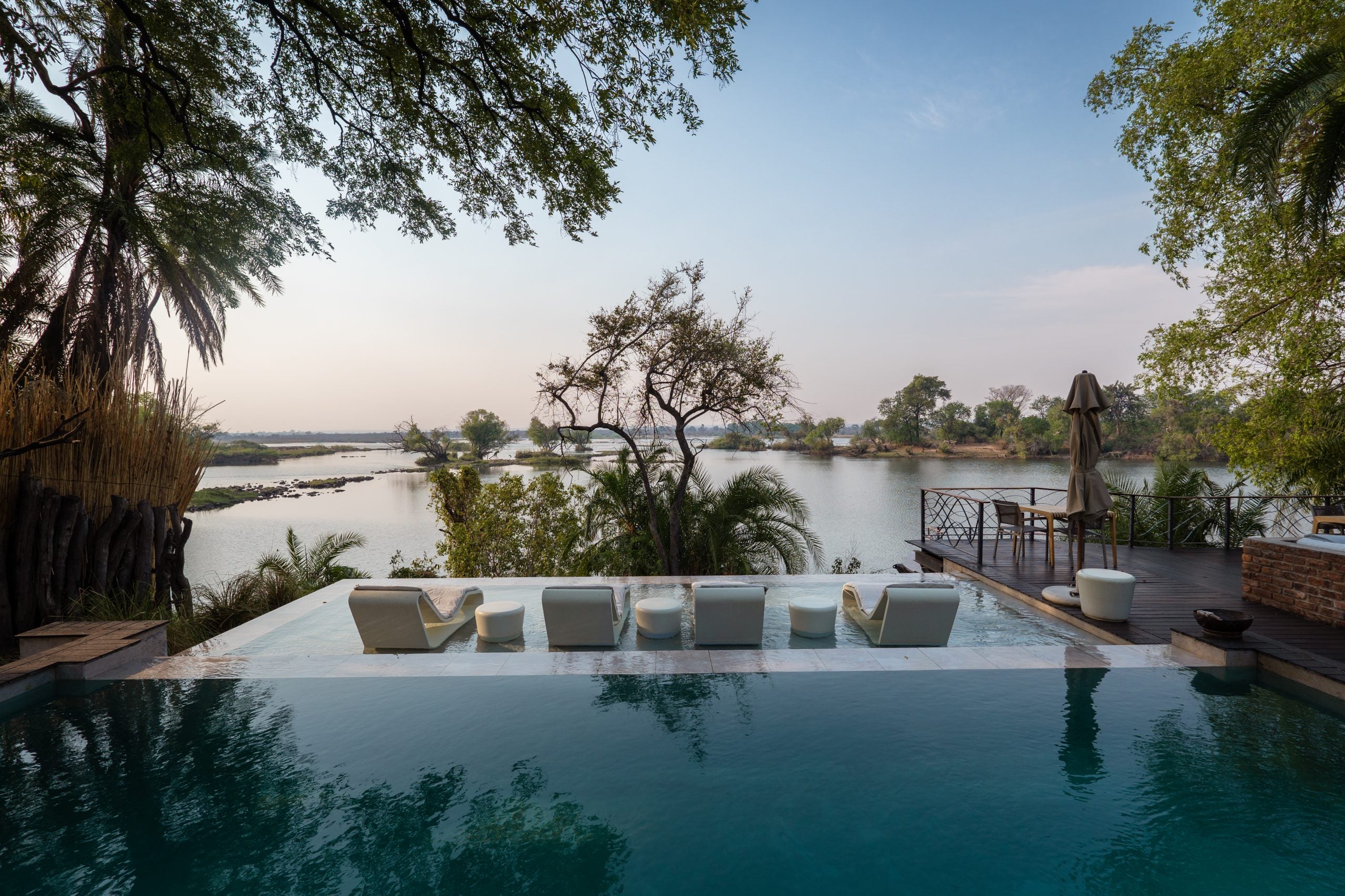
Nafsi Nomad offers sleek Airbnb rental units in Zanzibar (below) that Jabril feels have personal touches because the owner, Fatma “Fay the Nomad,” like Jabril, has East African roots.
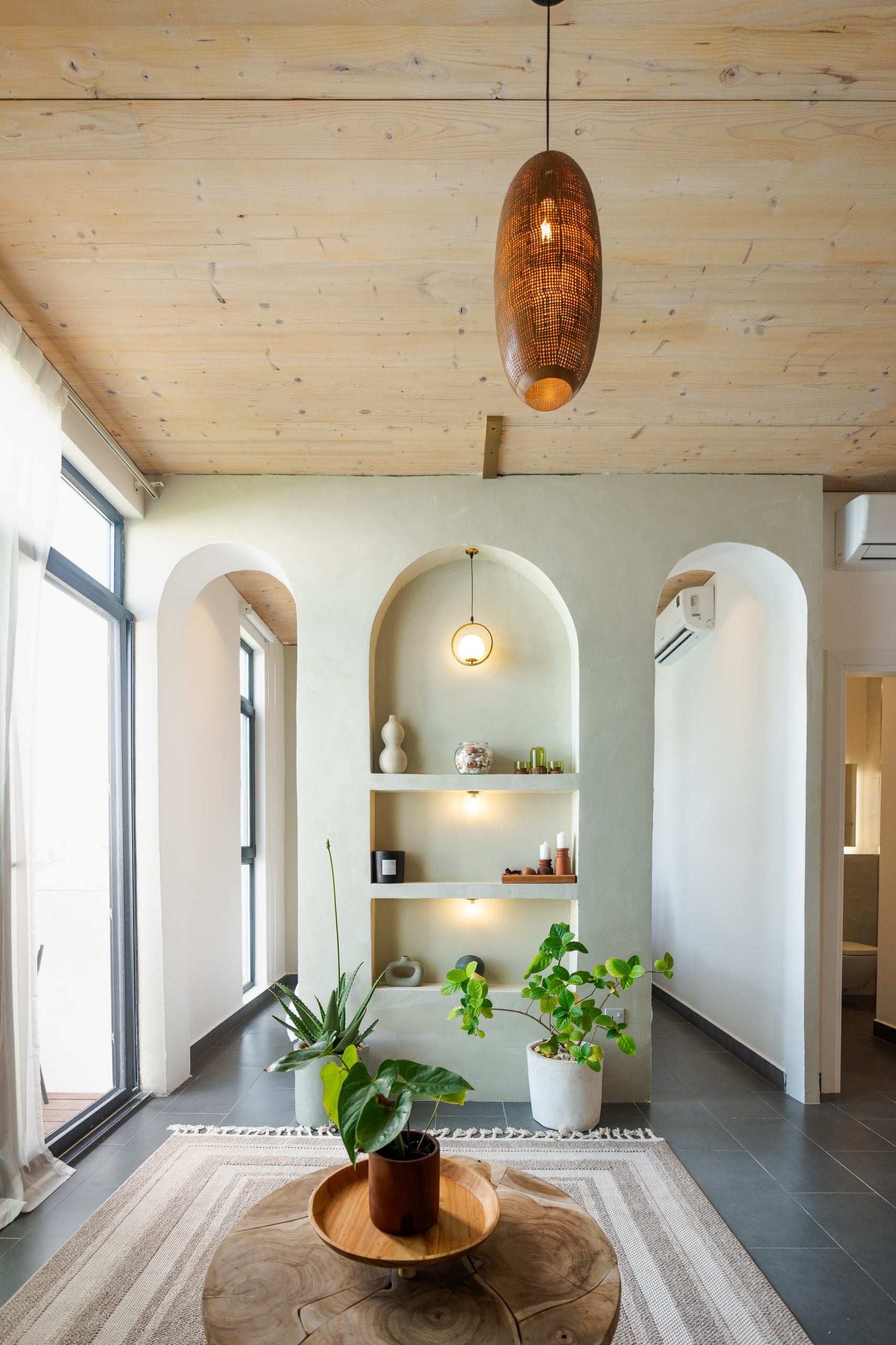
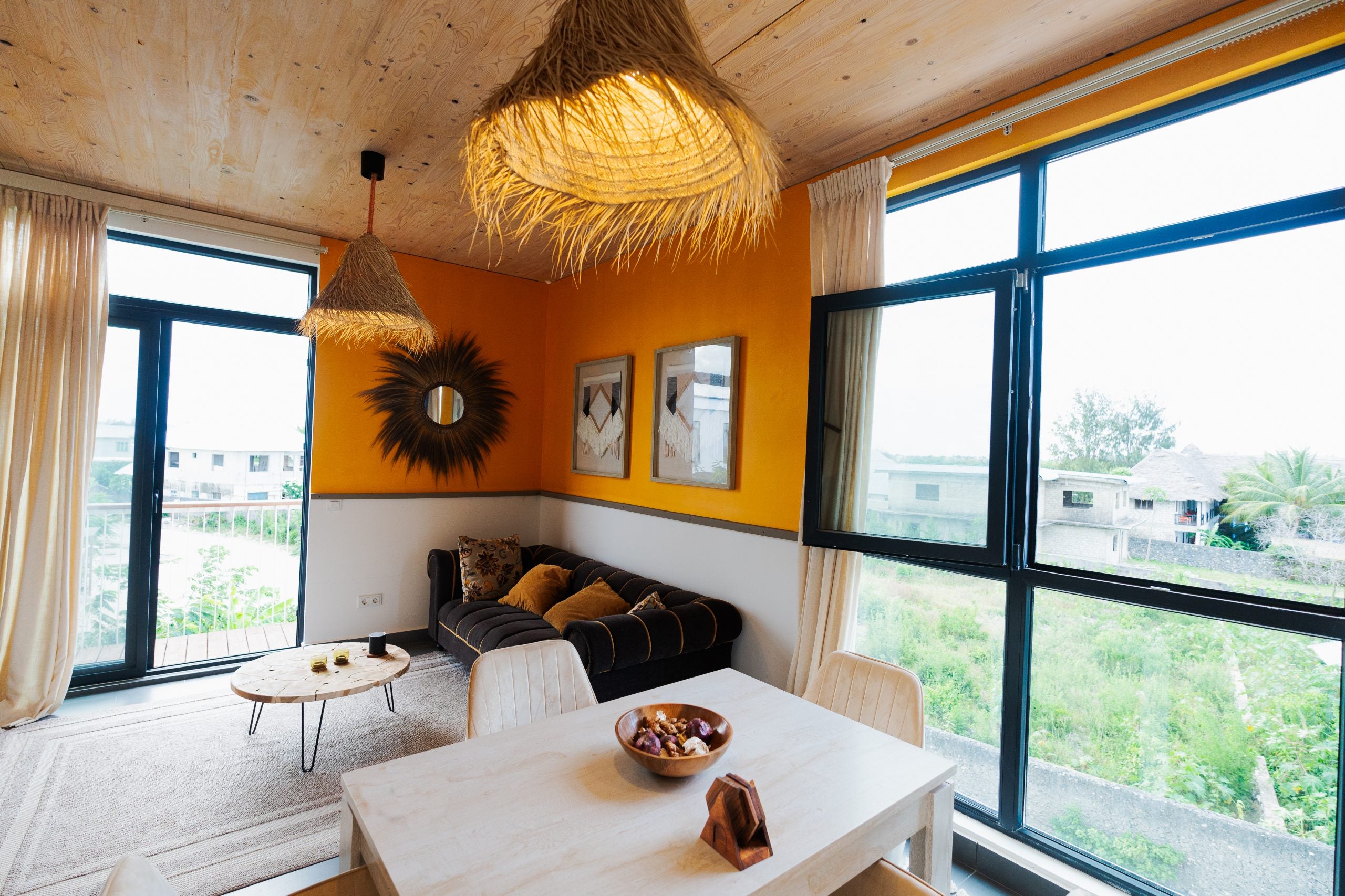
At Mango Beach House (below), Kiddo, the owner, has worked hard to maintain the integrity of the lodging that he and his late wife committed to when they first opened it. Despite pressure from surrounding hotel chains, Kiddo is determined to keep the space as local and true to African hospitality as possible.
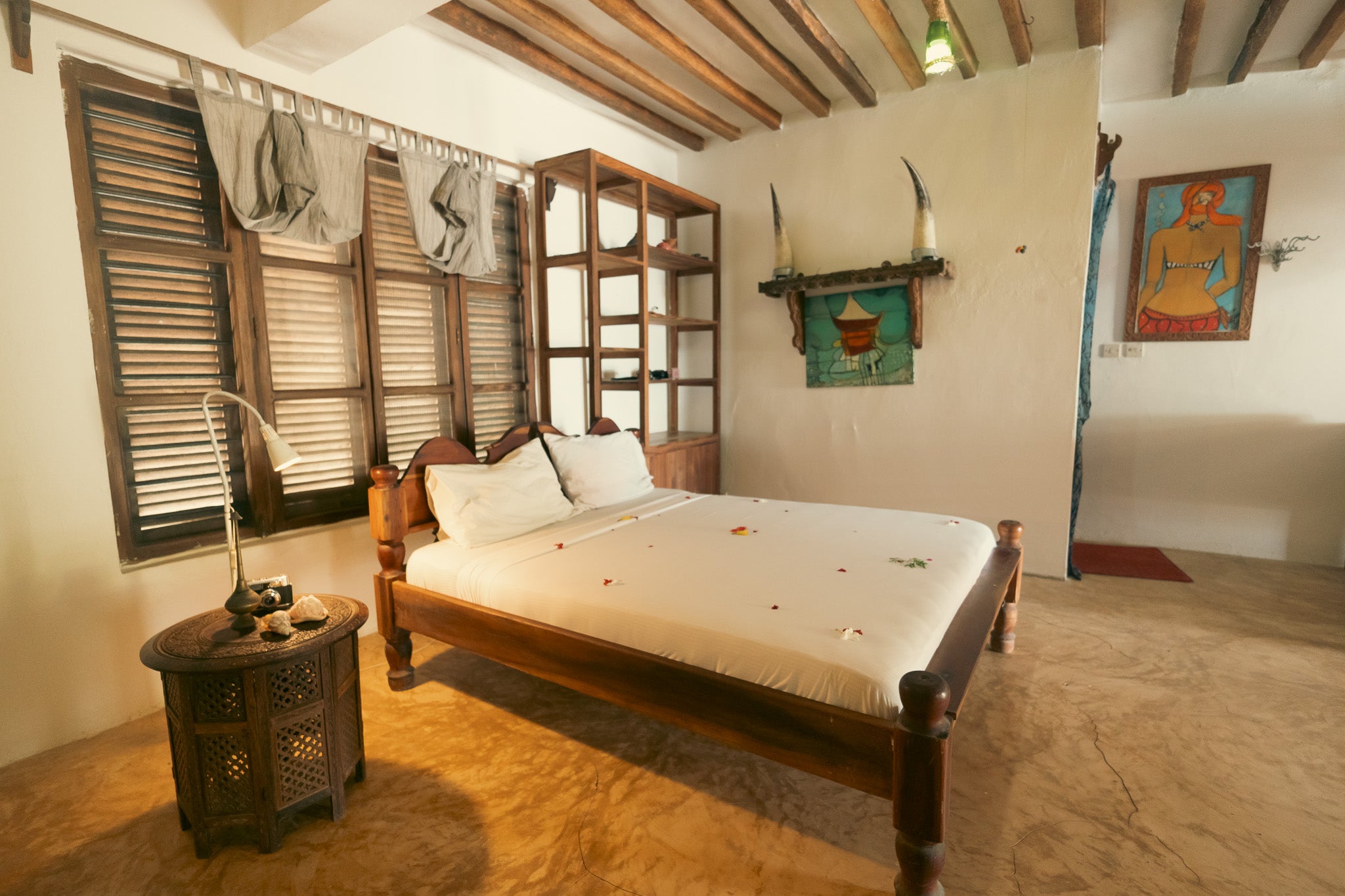
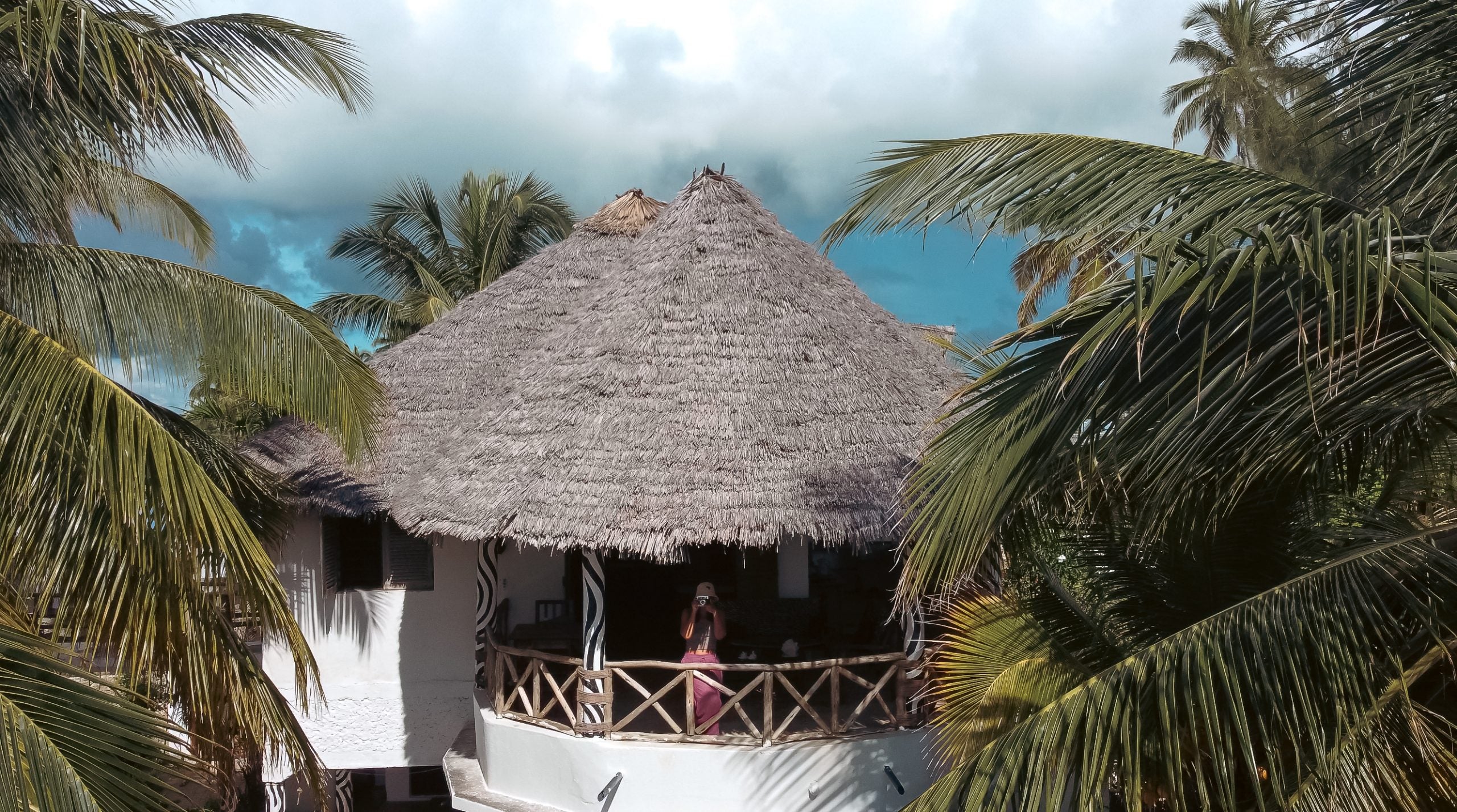
For Jabril, the collective deepening of love for African travel and African ownership is something she is constantly proud of. With that in mind, Diallo sees Sleep in Africa expanding in great ways to accommodate the growing pride for this form of tourism.
“I want to take Sleep in Africa to another level,” she says. “I am currently building a platform where travelers will be able to book different trips, including group trips, on the continent.”
[ad_2]
Source link







